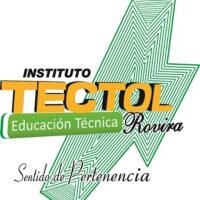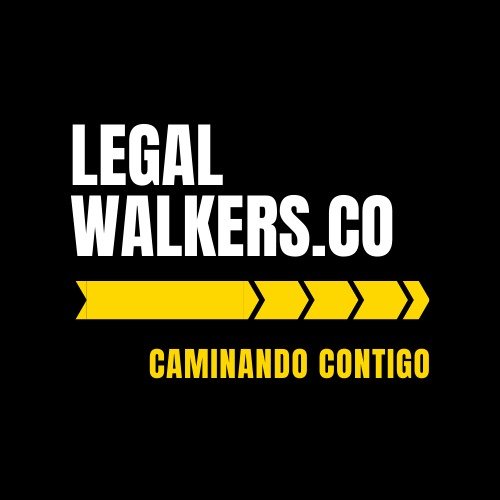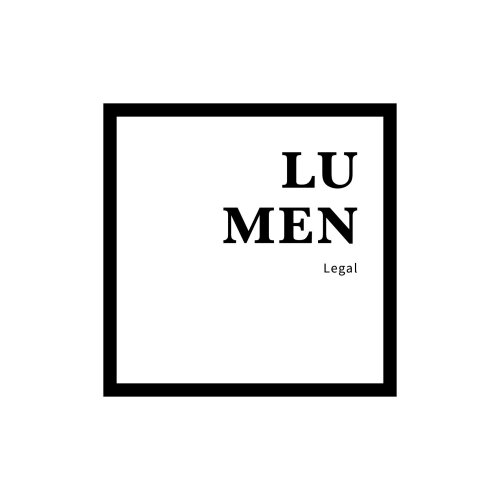Best Biotechnology Lawyers in Colombia
Share your needs with us, get contacted by law firms.
Free. Takes 2 min.
Or refine your search by selecting a city:
List of the best lawyers in Colombia
About Biotechnology Law in Colombia
Biotechnology in Colombia is a rapidly growing sector that encompasses a wide range of scientific fields, including agriculture, medicine, and environmental management. The Colombian government has recognized the potential of biotechnology to drive economic and social development, leading to the implementation of specific laws and regulations that govern this sector. The framework for biotechnology in Colombia not only seeks to foster innovation and improve the quality of products and services but also addresses ethical, environmental, and public health concerns. Colombian laws ensure that biotechnology developments adhere to international standards while catering to the needs and values of local communities.
Why You May Need a Lawyer
Individuals and organizations may need legal assistance in the field of biotechnology for several reasons:
1. Navigating Regulatory Processes: Ensuring compliance with complex local and international regulations when developing, testing, or marketing biotech products.
2. Intellectual Property Protection: Securing patents and protecting intellectual property rights to safeguard innovations and inventions.
3. Contract Negotiations: Drafting and negotiating contracts such as research agreements, licensing deals, and collaboration pacts with other entities.
4. Ethical and Safety Concerns: Addressing ethical considerations and ensuring that safety standards are met in the development and application of biotechnologies.
5. Dispute Resolution: Handling conflicts that may arise from collaborations, regulatory compliance failures, or intellectual property infringements.
Local Laws Overview
Colombian laws related to biotechnology cover various aspects of the sector:
Intellectual Property Law: Colombia has robust intellectual property laws that protect biotech innovations, including patents for biotechnological processes and products.
Regulatory Framework: The Instituto Nacional de Vigilancia de Medicamentos y Alimentos (INVIMA) oversees the approval and regulation of biotechnology products related to health and safety.
Biosafety Protocols: Colombia adheres to the Cartagena Protocol on Biosafety, focusing on the safe transfer, handling, and use of living modified organisms (LMOs).
Environmental Laws: The Ministry of Environment and Sustainable Development regulates biotechnologies that impact the environment to ensure ecological balance and sustainability.
Frequently Asked Questions
What is biotechnology?
Biotechnology is the use of living organisms or their products to modify human health and the environment, which ranges from medical therapies to agricultural enhancements.
Do I need to register my biotechnology product in Colombia?
Yes, any biotechnology product intended for commercial use often requires registration and approval from relevant regulatory bodies like INVIMA.
How can I protect my biotech invention in Colombia?
You can protect your invention by applying for a patent through the Colombian Superintendency of Industry and Commerce. This grants you exclusive rights to your invention.
What are biosafety considerations?
Biosafety considerations in Colombia include risk assessments, regulatory compliance, and adherence to international standards for the handling and use of biotech products.
Is genetic modification of crops allowed in Colombia?
Yes, but it is closely regulated to ensure environmental safety and genetic integrity. Specific approvals are required to introduce genetically modified organisms.
How does Colombia ensure ethical practices in biotechnology?
Through stringent regulatory frameworks that enforce ethical standards in research and development, including informed consent and ethical review boards.
What is the role of INVIMA in biotechnology?
INVIMA is responsible for the oversight and approval of biotechnology products related to pharmaceuticals, medical devices, food, and cosmetics.
Are there tax incentives for biotech companies in Colombia?
Yes, Colombia offers various incentives, including tax benefits for companies engaged in research and development activities in the biotech sector.
Can foreign companies invest in Colombian biotechnology?
Yes, foreign companies can invest, and the government encourages foreign direct investment, especially in innovation-driven sectors like biotechnology.
What is the Cartagena Protocol on Biosafety?
It's an international agreement which aims to ensure the safe handling, transport, and use of living modified organisms (LMOs) resulting from modern biotechnology.
Additional Resources
For legal advice and resources related to biotechnology, consider consulting the following:
Instituto Nacional de Vigilancia de Medicamentos y Alimentos (INVIMA): The government body responsible for the regulation of biotech products.
Ministerio de Ambiente y Desarrollo Sostenible: Offers guidance on environmental regulations impacting biotechnology.
Superintendencia de Industria y Comercio: Provides information on patent applications and intellectual property rights.
Next Steps
If you need legal assistance in the field of biotechnology in Colombia, begin by:
1. Identifying your specific legal needs such as intellectual property protection or compliance with regulatory standards.
2. Consulting with a lawyer who specializes in biotechnology law to understand the complexities of your case.
3. Gathering relevant documentation and preparing it for legal review to facilitate efficient legal counsel.
4. Researching and choosing a reputable law firm or legal service provider with expertise in biotechnology.
5. Considering joining professional organizations related to biotechnology to stay informed about industry developments and legal changes.
Lawzana helps you find the best lawyers and law firms in Colombia through a curated and pre-screened list of qualified legal professionals. Our platform offers rankings and detailed profiles of attorneys and law firms, allowing you to compare based on practice areas, including Biotechnology, experience, and client feedback.
Each profile includes a description of the firm's areas of practice, client reviews, team members and partners, year of establishment, spoken languages, office locations, contact information, social media presence, and any published articles or resources. Most firms on our platform speak English and are experienced in both local and international legal matters.
Get a quote from top-rated law firms in Colombia — quickly, securely, and without unnecessary hassle.
Disclaimer:
The information provided on this page is for general informational purposes only and does not constitute legal advice. While we strive to ensure the accuracy and relevance of the content, legal information may change over time, and interpretations of the law can vary. You should always consult with a qualified legal professional for advice specific to your situation.
We disclaim all liability for actions taken or not taken based on the content of this page. If you believe any information is incorrect or outdated, please contact us, and we will review and update it where appropriate.
Browse biotechnology law firms by city in Colombia
Refine your search by selecting a city.












